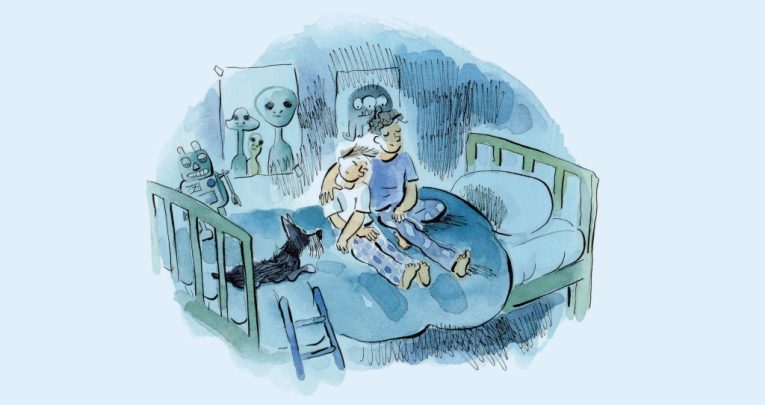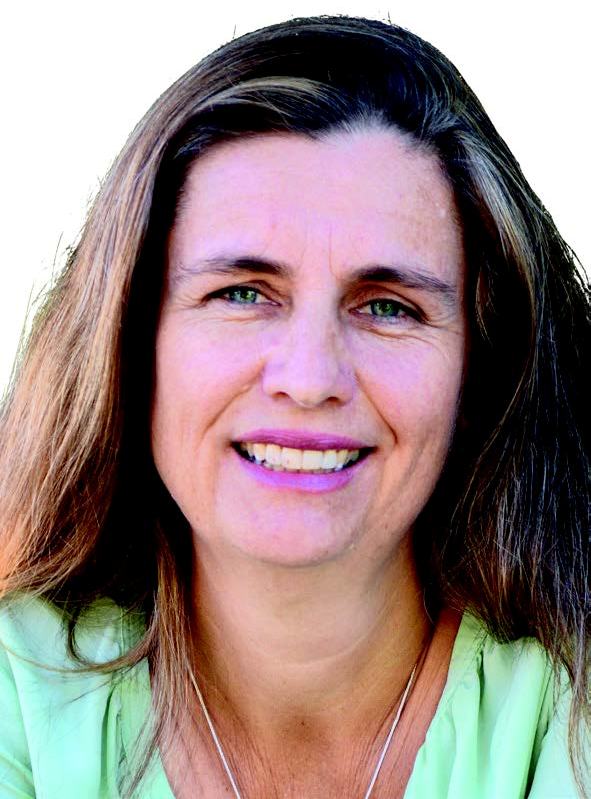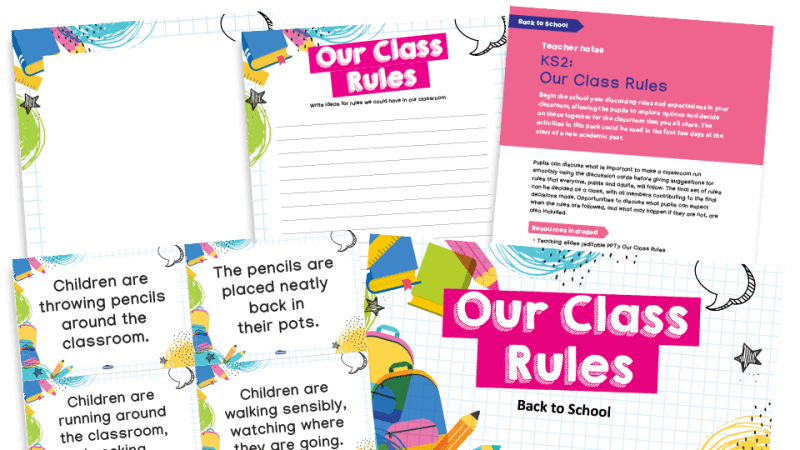Present Global Issues as Age-Appropriate Stories and Help Children feel they can Make a Difference

Presenting global issues as age-appropriate stories can give children confidence in their ability to make a difference, argues Sophie Siers…

- by Sophie Siers

A friend’s eight-year child woke her recently in tears to share her fears about climate change.
She told her mum that they were all going to drown, including their dog; she was inconsolable.
She had been told this at school by a friend, who had shown her images on her phone of the tsunami in Japan.
A well-meaning and intelligent teacher overheard, and took the time to explain a little about earthquakes and the rising CO2 levels in the atmosphere.
Actually, though, our eight-year-olds aren’t asking for a full rundown of the Kyoto Protocol.
When they come to us upset over something they have seen or heard about the world in which they’re living, they need first of all to feel listened to; we know from research that feeling ‘heard’ or ‘understood’ is the first part of talking either an adult or child down from the ledge.
And then we need to be developmentally aware – in this internet age children can say a lot of stuff, but mostly it is ‘stuff’, not real engagement with the subject matter.
What my friend did, was to think about how an eight-year-old really understood drowning, meaning she was able to reassure her that the whole family were very good swimmers. It worked – her daughter confirmed that their dog swam really well too, so they would all be okay.
The right level
My point is that talking about world affairs is only appropriate when we use our pedagogical knowledge in relationship to the child’s developmental stage.
I’ve tried to show this in Dear Mr President by using the wall issue to highlight what really matters to children. In Sam’s case, it’s his room, an all-consuming issue for a nine-year-old.
But his problem shares all the same issues that are apparent in the real world situation; trespass into his personal space, injustice, his lack of power to be able to change his circumstances.
Sam doesn’t need to know about human rights abuses on the Mexico border, or see pictures of children in holding cages.
Let’s use world events to talk to our children at the right level to grow and develop thoughtful and engaged young people.
Discussing overwhelming global issues in terms of an imminent crisis is only likely to grow anxiety and confusion, as they can’t do anything about these big problems.
Instead, let’s try to bring issues back to a practical situation within our child’s world, that they can tackle. Through building capacity, and practical engagement, let’s help them experience making a contribution to real change.
Confidence to act
Perhaps my friend’s daughter might encourage more of her peers to learn to swim?
Teachers and librarians can look to educate parents on appropriate stories to share, and in classrooms, make sure they are finding books and creating curriculums that highlight age appropriate problems that pupils can solve; for example, helping to develop a drip irrigation system for the school vegetable garden could teach water conservation, whilst developing skills that give children confidence in their own ability to act.
We need to use our pedagogical knowledge to help young people cope with the mass of information they are receiving. Often parents are unsure of how to approach conversations about world problems with their children.
As teachers, we are in a unique position to give families the knowledge to see that adult life skills can be gained by working through the small but important problems of childhood, which can lift a burden not only from the parent but also from the child.
Let’s use world events to grow capacity and resilience, not burden our young people with problems they can’t solve.
Sophie Siers is an award winning New Zealand author. She studied English and drama before training in early childhood education and currently lives in the Hawkes Bay area of New Zealand with her family.









